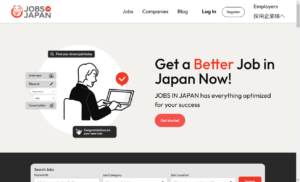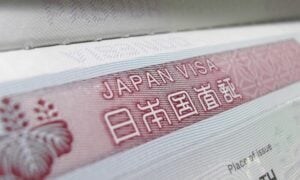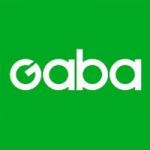
Have you ever made a bad hire? We all have.
Before we begin, I would like you to answer this one question survey.
When you make a bad hire, what annoys you the most?
- Loss of productivity (further behind schedule)
- Loss of money invested in hiring a candidate
- Potential damage (unhappy clients) due to a failed hire
- Your own time being wasted.
- You and your staff’s inability to judge a good hire
- All of the above
Amazingly, everyone selects “F” as their answer.
Whenever I get “buyers remorse” after hiring a candidate, I blame myself and wonder what I should have done differently. After a long career in HR and Sales, I thought my internal lie-detector was much better than a job seeker’s ability to lie. I second-guess myself as to what questions I should have asked in the interview, what clues I did not pick up on, wether my desperation to hire someone cause me to mis-sell (convince) myself that the candidate was a great fit. I am as guilty as all of us in making the same mistakes.
Fortunately, running a job board gives me a very large network of hiring professionals which I often turn to for advice. Here are some of the tips I use which have been suggested to me by respected hiring managers over the years.
Disclaimer: None of these tips are, in itself, proof that the applicant is going to make for a bad hire. Just little warning signs to proceed with caution.
This post is the first part in a multi part series all about improving your interview skills and detecting time wasters. Part 1 will cover Pre-Interview warning signs. That is after you have identified the person as worthy of being invited for an interview. By this point you have screened the applicati for unexplained gaps in employment history, fabrications, spelling/grammar errors, not being qualified, etc.
Pre-Interview Red Flags
1. Rescheduling
After confirming with the applicant on a mutually convenient time to hold the interview, please take caution if you are asked to reschedule the interview, especially if the person is giving less than a day’s notice. I am very weary of when there is a “family emergency.”
It could be true, but I would be careful. I immediately suspect that the job seeker has landed a “more important” interview than yours. You are not his/her first choice or the candidate would be making more of an effort. Do not be surprised if this person takes himself/herself out of consideration later in the process.
2. Power dynamic in interview scheduling
If the applicant mentions that he/she needs to have the interview on a specific day or time because he/she has “multiple offers“, take a pass. I am not referring to scheduling a convenient time, but to the reason that he or she has “multiple job interviews” or the like. This person is trying to show how high the demand is for their services and trying to influence the power dynamic.
Mentioning that one has certain responsibilities and asks for consideration in scheduling is perfectly normal. (i.e. I can’t get out of work until 6pm so could we have the interview later in the evening or possibly on the weekend?)
Interestingly enough, I see this happening more in the English teaching industry than I do in other industries which really surprises me. Sure, there is a lack of qualified English teachers with native-level abilities; however, there is also a lack of qualified programmers and system engineers who don’t act that way.
For your enjoyment, the following excerpt is part of a cover letter shared by one of our employers about a job seeker trying to take control (I did not make this up).

3. Abrupt replies / Overly casual in e-mail communication
If I get a “What’s up”, “Hello there” or casual tone, I go on to the next candidate. I am not sure if I blame the candidate or the parents for the lack of common sense and manners. My training program does not include teaching the manners that you should know by this time, and I am surely not going to put you near my clients.
4. Long delays in replying to emails
How quickly does your company answer customer inquiries? Do you think your clients would find it acceptable if you waited a few days to get back to them or at least acknowledge their correspondence? I find it unacceptable and believe it is not acceptable for job seekers to wait days before answering my messages about potentially giving them a job. Most people’s smartphones are like an appendage to their body so I am sure the job seeker has seen your message; just you are not on the top of their list. I’d rather go with someone less qualified that is excited about working at my company than someone more qualified that is not.
5. Google and Social Media
This is obvious but I wanted to mention it just in case. How does the person’s resume match up with their Linkedin profile?
I hope this helps you detect and avoid a potentially bad hire. In the next article, I will cover some of the red flags to look out for during the interview and post-interview process and some tips to spot lazy candidates.
Happy hunting.















